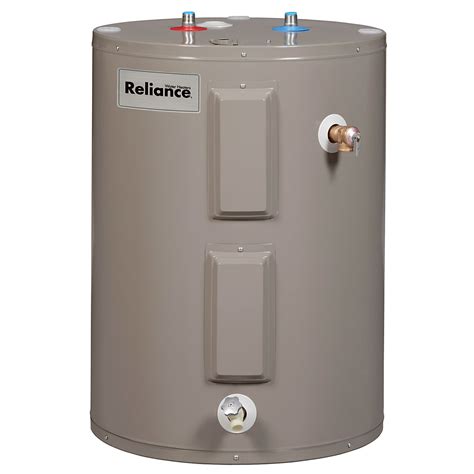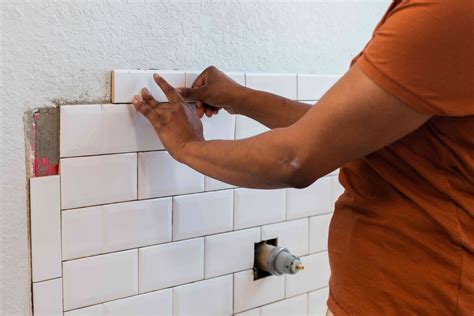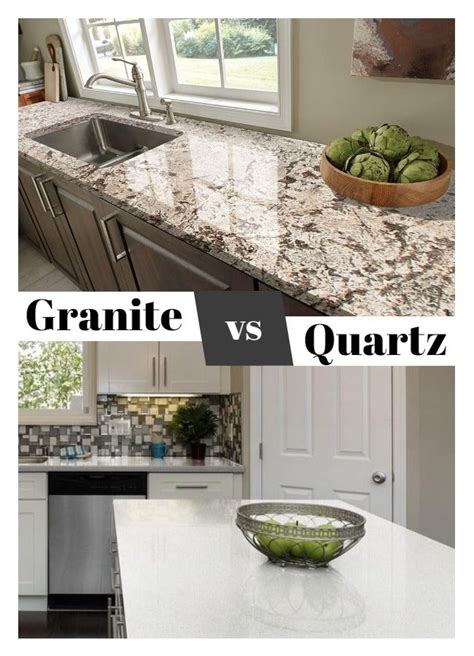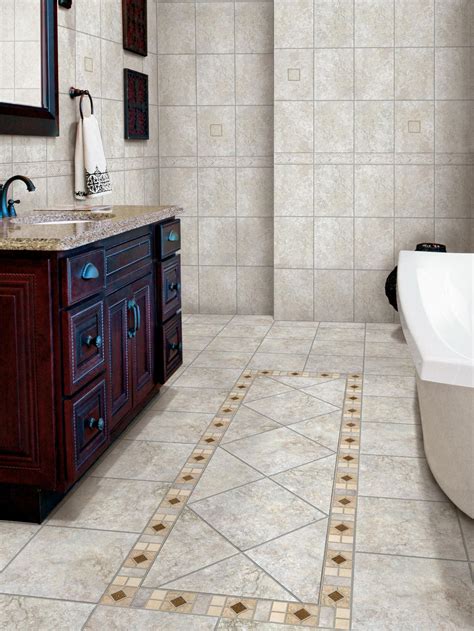
Having access to hot water is essential for daily tasks, from showering to washing dishes. However, electric water heaters can encounter issues that disrupt the hot water supply or compromise the performance of the unit. In this guide, we’ll explore seven common problems with electric water heaters and provide step-by-step instructions on how to fix them. Before getting started, it’s important to check the warranty on your water heater to ensure that any repairs or replacements are covered.
No Hot Water
One of the most frustrating problems with an electric water heater is when there’s no hot water. Here’s how you can fix it:
- Check the power supply: Ensure that the water heater is receiving power by checking the circuit breaker or fuse box. Reset any tripped breakers or replace blown fuses.
- Inspect the heating elements: Electric water heaters have heating elements that can become faulty over time. Test the elements for continuity using a multimeter and replace any defective ones.
- Check the thermostat: A malfunctioning thermostat can prevent the water heater from heating the water properly. Test the thermostat and replace it if necessary.
Inadequate Hot Water
If you’re experiencing inadequate hot water from your electric water heater, follow these steps to address the issue:
- Check the thermostat settings: Make sure the thermostat is set to the desired temperature. Adjust it if needed.
- Insulate the tank: Lack of insulation can lead to heat loss, resulting in insufficient hot water. Wrap the tank with an insulating blanket to improve efficiency.
- Flush the tank: Sediment buildup can affect the water heater’s performance. Drain the tank to remove any sediment and debris.
Water Temperature Is Too Hot
If the water from your electric water heater is excessively hot, you can take the following steps to resolve the issue:
- Adjust the thermostat: Lower the thermostat setting to achieve a more comfortable water temperature.
- Check the temperature-pressure relief valve: A faulty valve can cause overheating. Test the valve and replace it if necessary.
Water Leaks
Water leaks can indicate a problem with your electric water heater. Here’s what you can do:
- Inspect the fittings and connections: Check all fittings and connections for leaks. Tighten any loose connections or replace faulty parts.
- Replace the pressure relief valve: If the pressure relief valve is leaking, it may need to be replaced to prevent further water leakage.
Rust-Colored Water or Bad Odor
If you notice rust-colored water or a foul odor from your electric water heater, these steps can help resolve the issue:
- Flush the tank: Sediment buildup can cause discoloration and odor. Drain and flush the tank to remove the sediment.
- Check the anode rod: The anode rod helps prevent corrosion. Inspect the rod and replace it if it’s heavily corroded.
Tank Making Noises
If your electric water heater tank is making unusual noises, you can try the following troubleshooting steps:
- Flush the tank: Sediment buildup can cause popping or rumbling sounds. Flushing the tank can help eliminate the sediment.
- Check the heating elements: Loose or damaged heating elements can create noise. Inspect the elements and tighten or replace them as needed.
Frequently Asked Questions (FAQ)
1. How often should I flush my electric water heater?
Flushing your electric water heater once a year is recommended to remove sediment and maintain its efficiency.
2. Can I replace the heating elements myself?
Yes, you can replace the heating elements yourself if you have basic plumbing knowledge and experience working with electrical systems. However, if you’re unsure or uncomfortable, it’s best to hire a professional.
3. Why is my electric water heater tripping the circuit breaker?
A tripped circuit breaker can indicate an electrical issue with the water heater. It could be caused by a short circuit or an overload. Contact a qualified electrician to diagnose and fix the problem.
By following these troubleshooting steps and addressing common problems, you can restore the functionality of your electric water heater. However, if you encounter complex issues or feel unsure about performing repairs, it’s always best to consult a professional plumber or electrician for assistance. Ensuring the proper functioning of your water heater is essential for consistent hot water supply and overall comfort in your home.






